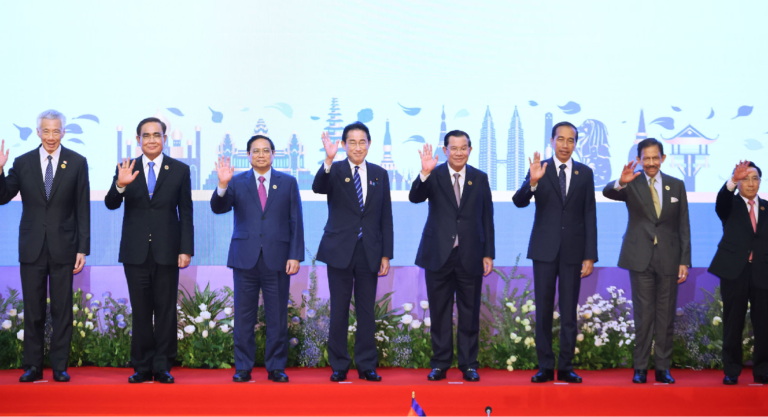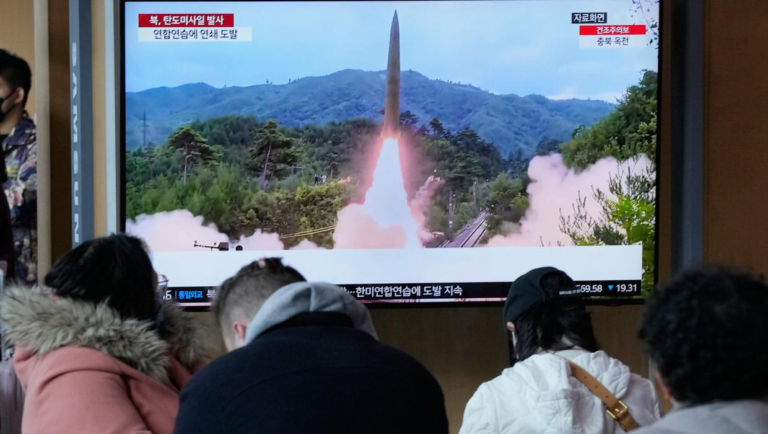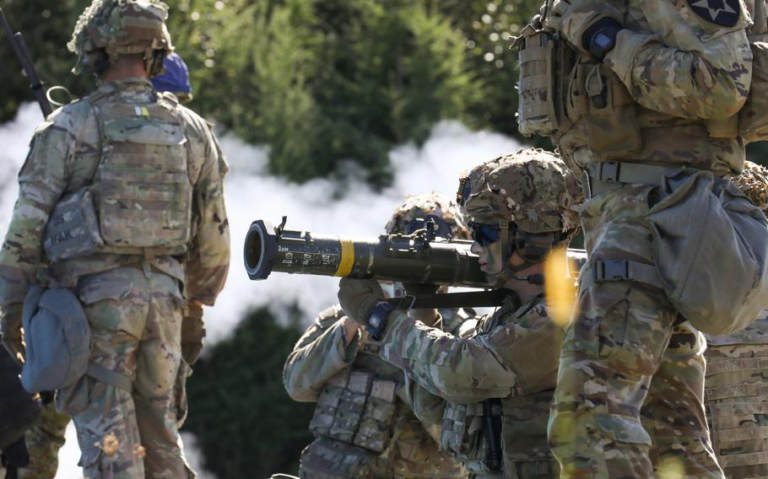With an admission letter in hand for a reputable Ontario college, the student from India said, he arrived in Canada in 2018 with hopes of a better life.
More than two years after completing his studies, the 27-year-old international graduate from Punjab says he has now been told that the letter he used to enter Canada was fake and that his immigration dream is likely going to be shattered.
Although the man says he has yet to receive a removal order from Canada Border Services Agency, Indian media outlets here and abroad have reported that many international students are facing deportation from Canada to India after their admission letters, procured through the same overseas agency, were found to be not genuine.
Just how many students have been caught up in situation is not clear. Some media reports are putting the number at 700. While the Star has not been able to independently verify that figure and officials are remaining tight-lipped, the situation and the headlines it’s garnering are causing a stir in communities here in Canada as well as back in India.
On Friday, Immigration Minister Sean Fraser said immigration and border enforcement officials, along with colleges and universities, have stepped up the effort to strengthen “the integrity measures” in place to deal with the authenticity of acceptance letters from institutions.
Every once in a while, you do see bad actors, particularly from other parts of the world, who are difficult to police from Canada, who seek to take advantage of international students. It’s disgusting to see the behaviour of some of the promoters around the world,” Fraser told a community radio program.
“With respect to the reports we’ve seen, we have some work to do to understand precisely what’s going on before we can understand what the appropriate solution may be.”
According to India’s media reports, the students had all applied for student visas through a consulting company based in Jalandhar that has since been closed down.
“The fraud came to light when these students applied for permanent residency (PR) in Canada for which the ‘admission offer letters’ came under scrutiny,” reported the Indian Express in an English edition of the story. “This education fraud is one of its kind which came to the fore in Canada for the first time.”
Sarom Rho of Migrant Students United, a national advocacy group for international students, said the organization has been in touch with some of the alleged victims through a community contact and about a dozen have filed a judicial review with the federal court to challenge the removal order.
“International students are the ones being punished for reasons that are totally out of their control,” said Rho.
Investigative journalist Rajinder S. Taggar, who first broke the story on indianarrative.com, said the issue of the fraudulent admission letters arose when some of the students applied for permanent residence and their documents were flagged.
Affected students, many having been here since 2017, have formed various social media groups and the number of people facing removal is estimated at around 700, all involving the service of the same education agent, he said.
“The agent was very clever. He did not put his name, put his stamp on the visa applications. He made it appear that the students were self-representing,” Taggar told the Star. “CBSA says your file shows you self-represented, and hence, go back.”
Taggar, who is based in Chandigarh, said he did not know how CBSA came to the realization that the admission letters were fake, but many in the community laid the blame on the officials who failed to examine the authenticity of the documents before issuing the students the visa in the first place.
“They too have responsibility. These students were immature. They were ignorant about the process of visa application. They did not know that the agent was required to sign the file,” he said. “I’m very well convinced that these guys had been cheated. They had no fault because they were ignorant about the procedure and the process of documentation of their visa applications.”
Taggar said he has been unable to reach the agent because the company’s office in Jalandhar has been closed and the man behind it “has vanished.”
Only licensed lawyers and consultants registered with the College of Immigration and Citizenship Consultants can legally offer immigration advice and services at a fee. Education agents are not licensed in Canada. Both the Law Society of Ontario and the consultants’ college show no records on their websites that the consultant involved in the Indian students’ cases was as a licensed member.
The Canada Border Services Agency refused to comment on the allegations against the Indian students, but said there are a number of “active investigations” into cases of misrepresentation, including those related to study permits.
“As these are an ongoing investigations, it would be inappropriate to comment further at this time,” CBSA spokesperson Rebecca Purdy said in an email. “Persons who misrepresent themselves and/or use fraudulent documentation to seek entry to Canada or to remain in Canada are contravening the Immigration and Refugee Protection Act, and risk being removed from Canada.”
Rajinder Saini, chief editor of the Brampton-based Parvasi Media Group, had two of the affected students on his Punjabi radio program this week to talk about what has happened.
The local community, he says, has been outraged by the proliferation of unscrupulous education agents who take advantage of prospective students eager to study and work in Canada in order to get a shot at permanent residence here.
“The issue is that there is a mushrooming of these hundreds of ghost or fraudulent consultants all over Punjab and Haryana, neighbouring states and other parts of the country. They are not licensed. They don’t sign any contract and they take fees in cash,” said Saini.
“And the CBSA is saying you are filing your own application, so you’re responsible for any mischief.”
Some of the students looking to study abroad don’t not qualify for admission and may seek help from unscrupulous consultants to gain entry, and they can be equally at fault, he said.
According to the Canadian Bureau for International Education, there were 807,750 international students in Canada at all levels of study last year, up 43 per cent from five years ago. India has been the top source country, accounting for 40 per cent of the overall international enrolment, followed by Chinese students, at only 12 per cent.
The international graduate from Punjab, who spoke with the Star on the condition of anonymity because his work permit has been expired since January, said the agency provided him an admission letter from Fanshawe College for his student visa application and he entered Canada with the document.
However, he said, agency staff in India then called him upon his arrival in Canada to tell him that he didn’t need to go to the campus because the school’s business management program was full. They refunded his parents the deposit for one semester’s tuition fee. Instead, he said, he scrambled to find a school and was accepted by St. Lawrence College in a similar program.
After completing the 16-month diploma program, the man, who now works at a warehouse, said he received a three-year postgraduate work permit in January 2020.
Then, last spring, he was contacted by the border agency to show up for an interview in their Hamilton office.
“They showed us that the letter you applied for visa at your very first time is fraud (sic),” recalled the Brampton man, who is part of a What’sApp group with about 100 alleged victims accused of entering Canada by misrepresentation.
“How did this come after four or five years? The letter they said was fake we showed it to immigration when we landed at Toronto Pearson Airport. We are still shocked. We don’t know what to do.”
According to one media report in India, the bogus admission letters were issued in the names of various institutions.
Licensed immigration consultant Matthew McDonald, who has worked in public post-secondary institutions, said there are mechanisms in place to verify these documents and immigration officials do check with school administrations to confirm letters of acceptance.
“It’s unfortunate that if these people are being removed when immigration and border officers were not able to previously verify the fraud,” said McDonald. “It seems cruel to punish these people who also seem to be taken advantage of when the fraudulent documents were not caught.”
The High Commission of India in Ottawa did not respond to the Star’s request for comment.
Source: thestar







